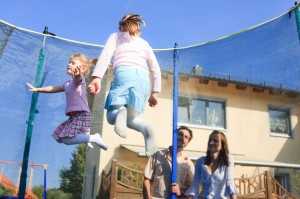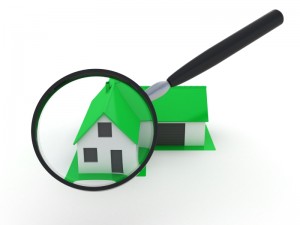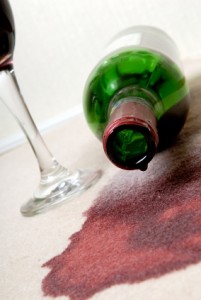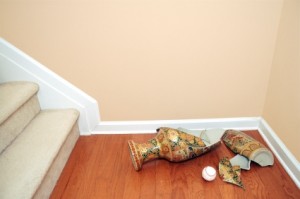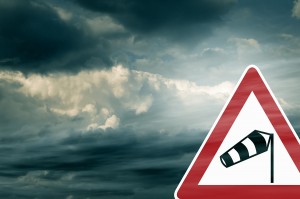 It’s official; last winter was the stormiest period of weather experienced by the UK for at least 20 years. No fewer than twelve storms brought with them strong winds and heavy rainfall, battering holiday homes across England, Wales and Scotland well into February last year.
It’s official; last winter was the stormiest period of weather experienced by the UK for at least 20 years. No fewer than twelve storms brought with them strong winds and heavy rainfall, battering holiday homes across England, Wales and Scotland well into February last year.
The statistics are incredible:
- 600,000 homes were without power.
- 7,000 properties hit by flooding.
- 12,000 homes suffered structural damage.
- 600km of railway line was forced to close.
So what have we learnt and are we ready to react to the potential damage they cause this time round?
Tips for inspecting your holiday home following stormy weather
- Stay Vigilant
Whilst it is important to be proactive prior to storms, it is equally vital to stay vigilant after they have passed. Here’s our guide to the areas of your holiday home you should be keeping an eye on once the rain and winds subside.
- Nearby Trees and Plants
The forestry commission estimates that up to 30 million trees across the UK may have been blown down during last year’s storms.
They may be sturdy; they may even have been there for years and years, but nearby trees are vulnerable and can do significant damage to your holiday home and anything that stands in their way.
After a heavy storm make visual checks of all of the trees surrounding your property. Are there any signs of defects? Are there branches that have been damaged and should be removed?
If there are structural issues with a tree near your holiday home ensure you call in a professional tree surgeon to examine the problem and never attempt to climb the tree in order to address any potential issues.
- Slipping Slates
Aside from tree branches, falling roof tiles account for the highest number of insurance claims caused by storm damage across the UK.
If there is visible damage to the slates on your holiday home roof you should speak with a professional as soon as possible.
As with tree damage, you should never attempt to climb onto the roof of your holiday home or to make repairs yourself.
- Checking drains, guttering and drainpipes
Last winter was the wettest since 1910, with more days of rain than any winter since 1961. The trend of wetter and warmer winters is one that is continuing to develop over recent years; despite heavy rainfall the winter of 2014 was 1.5C above average seasonal temperatures.
The biggest issue with storm water is that it has to have somewhere to go. The result when it doesn’t is flooding and damage to your holiday home.
With this in mind it is vital that drains are kept clear from debris and other blockages. Make sure that after periods of rain all guttering, downpipes and drainage is clear and in good working order.
If you notice a blockage during heavy rain ensure the issue is addressed before it becomes a potentially larger and more damaging issue.
- Keep your garden furniture safe for the summer
Garden furniture, BBQs and trampolines certainly weren’t designed to fly but are often the first thing to take off when the storm hits.
Items such as these should either be firmly secured, or better, dismantled for winter. If yours are currently out in the garden we encourage you to take just a few minutes and stow them safely indoors, ready for your guests to enjoy in the summer.
- Stay Safe
The repercussions of storm damage can be severe, devastating and sometimes fatal. When taking action please do always think of safety first, and where appropriate seek the advice of a professional. Report storm damage to your holiday home insurance provider as soon as it’s discovered, they’ll give you advice to help mitigate your losses and get the property up and running again for holiday letting as soon as possible.
You may also find the following posts of interest:
- Preparing your holiday home for snow
- How being proactive can limit damage to your holiday home during extreme weather
- Ten steps to ensure your holiday home remains open for business
- Limiting the risks of slips and trips in your holiday home
- Tips to avoid burst pipes for UK holiday home owners
Boshers offer specialist holiday home insurance to owners across the UK. For more information on how a specialist insurer can help and support your holiday home business, please give us a call on 01237 429444.


 If you’re having work carried out or renovations made to your holiday home that require builders to be on site, these alterations will bring with them a unique set of risks and considerations for your property and the contents within it.
If you’re having work carried out or renovations made to your holiday home that require builders to be on site, these alterations will bring with them a unique set of risks and considerations for your property and the contents within it.
 We are pleased to announce that when our holiday homeowners next renew their specialist
We are pleased to announce that when our holiday homeowners next renew their specialist 
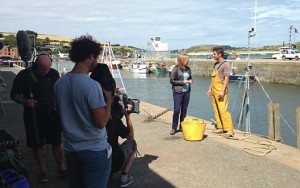 In Sunday’s episode of Countryfile, presenter Charlotte Smith explored the impact of second homes on rural and coastal communities. The reporting was well researched and balanced in our opinion. Have a look for yourself on BBC iPlayer
In Sunday’s episode of Countryfile, presenter Charlotte Smith explored the impact of second homes on rural and coastal communities. The reporting was well researched and balanced in our opinion. Have a look for yourself on BBC iPlayer 
 With more than 7,000 miles between Britain and Hawaii it may seem the two are quite literally poles apart, if not only in terms of geography but also meteorologically given the potential inclemency of a British summer.
With more than 7,000 miles between Britain and Hawaii it may seem the two are quite literally poles apart, if not only in terms of geography but also meteorologically given the potential inclemency of a British summer.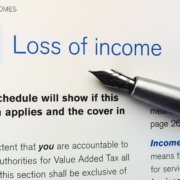
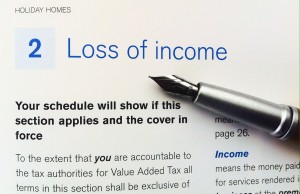 This can be an exciting time of the year for holiday homeowners. We know it can also be a busy time; taking bookings, preparing properties and making sure you are fully prepared for the first influx of visitors to your holiday home.
This can be an exciting time of the year for holiday homeowners. We know it can also be a busy time; taking bookings, preparing properties and making sure you are fully prepared for the first influx of visitors to your holiday home.
